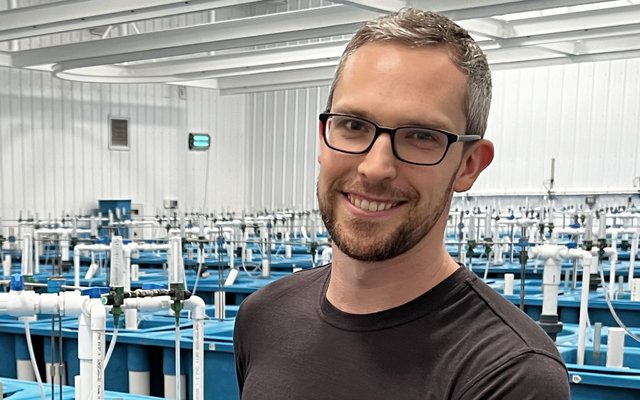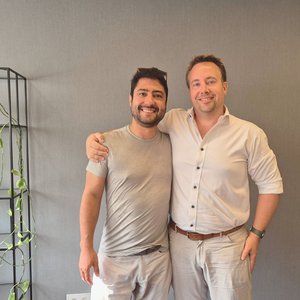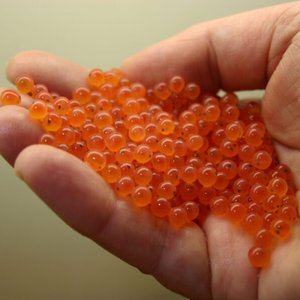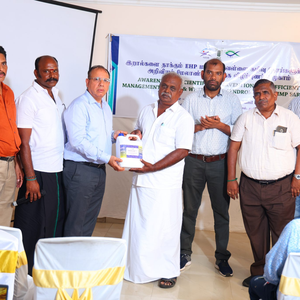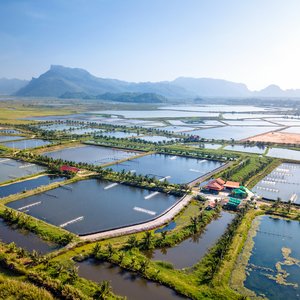The Center for Aquaculture Technologies (CAT) appointed Samuel May as genetic services lead for the US and Canada.
Sam brings deep scientific expertise and practical experience across coral research, salmon genetics, and selective breeding in aquaculture. His journey into genetics began at university, where a population genetics course sparked a passion that led to a Ph.D. in genetics and a role managing the USDA salmon selective breeding program in Maine. There, he focused on cryopreservation, trait optimization, and genetic diversity to improve breeding efficiency and sustainability.
At CAT, Sam will apply his expertise in a fast-paced, solution-driven environment. “I wanted to move from academic theory to real-world impact,” he says. “CAT offered the opportunity to work across species, solve complex problems, and help clients make meaningful genetic gains.”
He was also drawn to CAT’s collaborative culture and its commitment to innovation in aquaculture. CAT is a global leader in aquaculture genetics, managing over 20 breeding programs across more than a dozen aquatic species. Leveraging a diverse portfolio of 50 plus genomic tools and deep expertise in genotyping, genome editing, advanced data analytics and quantitative breeding strategies, CAT delivers customized genetics solutions that drive measurable gains in performance, sustainability, and profitability.
“Bringing Sam on board strengthens our support for clients across North America,” says Klara Verbyla, VP of Genetic Improvement. “His diverse experience enhances our ability to apply advanced genetic tools in practical settings, delivering real value to our clients.”
In his new role, Sam will manage selective breeding programs for clients across the U.S. and Canada, helping them implement new technologies, streamline operations, and make smarter data-driven breeding decisions.
“Genetics is one of the most powerful tools the industry has to tackle challenges like disease resistance, growth, and sustainability,” he says. “By applying the right tools, we help producers raise healthier, more efficient fish that meet evolving market demands.


